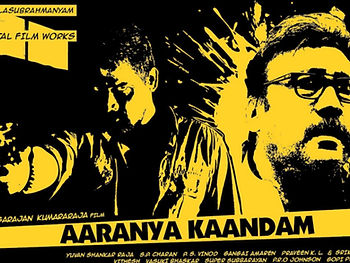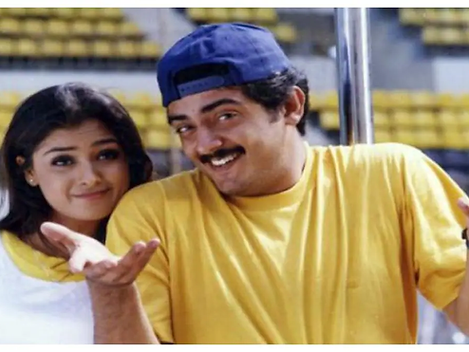Who owns the remake right of the film? A screenwriter or a producer? The answer is not a straightforward one. In this article, we will explore this crucial legal question of legal rights that is equally significant to a screenwriter and a producer. We shall explore the with reference to the recent Madras High Court judgment.
In this judgment of S.J. Suryah vs S.S. Chakravarthy and others, OSA No.138 of 2021, the Madras High Court interpreted the provisions of the Copyright Act, 1957, to address the question of the remake right. S.J. Suryah (the writer and director of the film ‘Vaallee’) claimed that he owns the copyright (including the remake right) in the film’s script as he has been credited as the writer and director of the film. Hence, he is the copyright holder of the script. Following were the issues before the Honorable Court;
i) Does the credit given to a screenwriter for writing a story/screenplay/dialogue indicate their copyright ownership over the work?
ii) who owns the remake right of a film, the screenwriter or producer?
The Court held that credit does not determine the copyright owner of the script of a film. The Court observed that there are two aspects to analyze who own the remake right. Firstly, if the producer has commissioned the development of the story, screenplay, and dialogue by paying the valuable consideration, it holds the copyright in the same. Section 14 (d) (i) allows the producer to make a copy of the film, including the right to make the remake. If the writer has retained the remake right, he has to produce a contract that captures it. Secondly, the position shall be different if a writer has developed the copyrighted work independently. The Court also referred to another Madras high judgment Thiagarajan Kumararaja v. Capital Film Works (India) Pvt. Ltd, 2017 SCC OnLine Mad 37588. This case happened as the result of the dispute between the writer direct and the producer of the film “Aaranya Kaandam”. Referring to the Thaiagarajan case, the Court held that the producer might not be the owner of the remake right if the script’s copyright is with the writer. In such a case, the producer had received only a limited right to use the script in a specific film.

In sum, the producer owns the copyright, including the remake right under the work for hire arrangement. However, the same is not applicable if the writer has independently developed the story/script and has granted limited rights to the producer. In such a case, the writer owns the remake right unless there is a contract on the contrary. It is pertinent to note that the present judgment does not interfere with the ratio of the Thaiagarajan case.
In our opinion, the present case serves an old wine in the new glass. In the case of commissioned work projects, the producer remains the owner of the work. The Court has missed a few crucial questions of law that complicates the relationship between a screenwriter and the producer. The Court should do a deep dive into the “issue of the commissioned work”. What should be evidence for the commissioned work? Should it be merely the transaction proof of money paid to the writer? Or, the producer must produce a contract that the particular work has been created under work for hire arrangement? Plus, who shall decide that what is a valuable contract? If a contract determines the same, then it must be the producer’s duty to execute such a contract with the writer. The Honorable Court must address these issues.
Further, the Honorable Court equated the right to remake with the right to make copies under Section 14 (d) (i). The Court missed the aspect that remake is a derivative work and not the physical copy of the existing work. We are concluding with the note that screenwriters need to be more conscious about their rights. While entering into the contract, we must clarify whether we are working under the assignment contract or a work for hire contract. A screenwriter should sign a work for hire contract only if the producer commissions the project from scratch. Otherwise, a writer should always negotiate an assignment/license agreement.
Follow our Instagram page for remaining updated with the legal aspects of creativity: https://www.instagram.com/attorneyforcreator/







